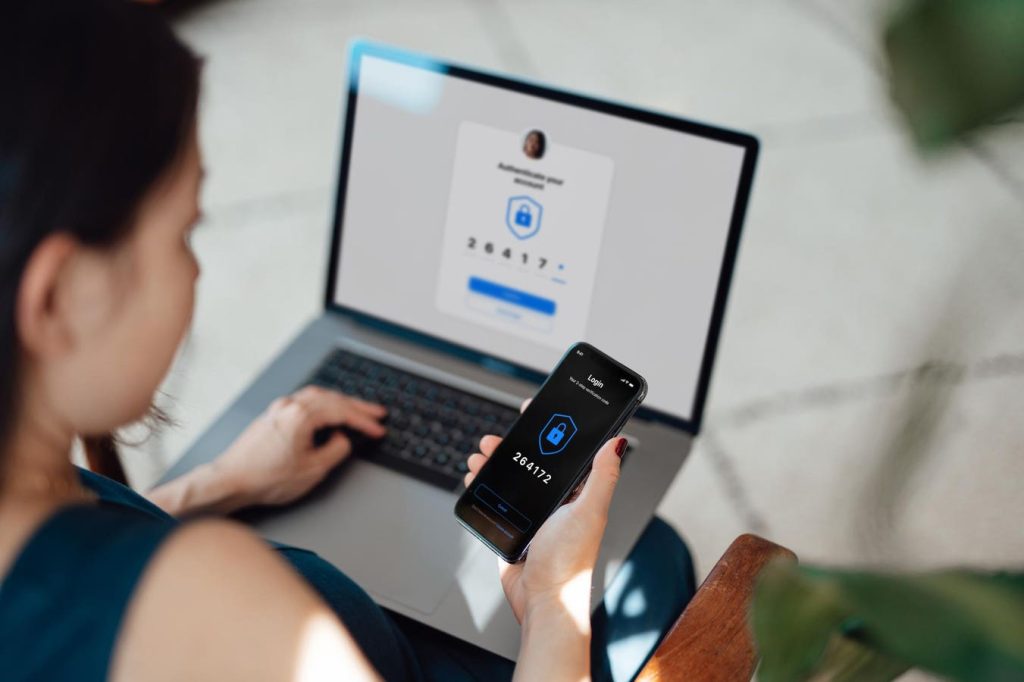Wayne Chang, the Co-Founder & CEO of SpruceID, is working towards a future where users have control over their identity and data on the web. Recent events shed light on the potential dangers of artificial intelligence (AI) being used to bypass outdated identity and security systems. OnlyFake, an underground service, claims to use AI to create fake IDs for 26 countries, raising concerns about the use of AI tools on a larger scale to bypass identity controls.
The use of AI-generated fake IDs poses a major threat due to their speed and cost-effectiveness in production. OnlyFake was reportedly selling fake driver’s licenses and passports for $15, claiming to be able to produce hundreds of IDs simultaneously from Excel data, with a total output of up to 20,000 fakes per day. These fake IDs are specifically designed for online use, making them more dangerous as online verification methods are easily compromised.
Identity fraud online is becoming increasingly sophisticated, with technologies like OpenAI’s Sora capable of creating deepfake versions of individuals to trick others. As digital services become more prevalent, digital fraud is becoming widespread and professionalized. The existing verification systems are vulnerable to AI fakes, as they rely on third-party data brokers for validation, making them susceptible to generative AI that excels at pattern recognition.
To combat AI-enabled identity fraud, there is a need for a new type of digital identification credential that is secure and resistant to AI mimicry. Formats such as mDLs and digital verifiable credentials are being adopted as solutions for digital IDs. Cryptographic security schemes are being proposed to ensure the authenticity of digital IDs, making it computationally impossible for AI to mimic them. However, the implementation of these technologies must address privacy and security concerns to prevent surveillance and unauthorized access to personal information.
Privacy-preserving technology offers a solution to safeguarding digital IDs and enhancing security for individuals and society. By allowing users to control what data they reveal, digital IDs can offer increased privacy and security. Transitioning to a modernized, privacy-preserving, digital-first identification system would significantly impact fraudsters, money launderers, and terrorists globally. It is imperative to adapt to these new technologies to protect against the growing threat of AI-enabled identity fraud.
Overall, the shift towards digital IDs offers a more secure and privacy-enhanced way of verifying identities online. By adopting technologies that prioritize privacy and security, individuals and organizations can protect themselves against the increasing threats of AI-enabled fraud. Embracing these digital solutions can revolutionize the way we verify identities in the digital age and mitigate the risks associated with traditional, physical ID systems.


